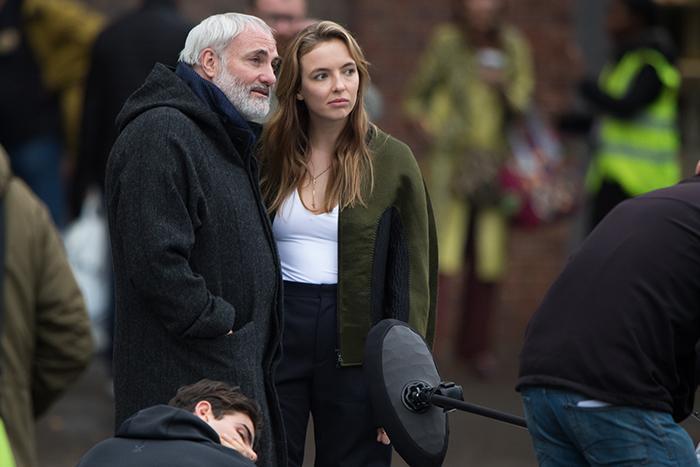
THE BBC has launched commitments to improving access for disabled people on and off-screen.
BBC iPlayer is also creating a dedicated collection called ‘Count Us In’ that celebrates disabled programming and talent, which will be live this weekend to celebrate the United Nations International Day of Disabled Persons on Saturday.
The announcement comes weeks after a damning report that highlighted the media’s under-representation of disabled actors,
Hit shows like Eastenders, Coronation Street and Killing Eve reflect diversity in terms of ethnicity, gender and sexuality, but fall way short when it comes to portraying disabled characters, says streaming service WatchTVAbroad.com.
Their Diversity in UK TV study revealed that an average of 1.6% of the characters had a disability, compared with 21.7% of the UK population.
Carolina Beltramo, TV analyst at WatchTVAbroad.com, said: “While we accept that not all disabilities are visible, the fact 10 times more people in the UK consider themselves disabled than are seen in these influential hit shows is a huge and damning discrepancy.”
The main casts of 10 of the most popular shows on terrestrial channels – Eastenders, Coronation Street, All Creatures Great and Small, Killing Eve, Line of Duty, Vigil, Gavin and Stacey, Peaky Blinders, Derry Girls and Mrs Brown’s Boys – were studied to see how closely they reflect British society.
Of the 10, six had no disabled characters in their regular cast and only Coronation Street had more than one.
An average of 1.6% of the characters had a disability, compared with 21.7% of the UK population.
By comparison, the shows revealed far more diversity in the ethnicity and sexuality of its cast. Ethnic minority characters made up 16.5% of the roles depicted, slightly above the 13% of the UK population who identify as being from this background.
Across the shows, 6.5% of the characters were part of the LGBTQI+ community, more than twice the 3.1% of people who openly identify as these sexual and gender identities in the UK.
Carolina added: “This research shows a glaring diversity gap around the portrayal of disabled people.
“As great strides have been made on sexuality and ethnicity, those with a disability have been kept away from the stalls of Albert Square, hidden from Mrs Brown’s house, and excluded completely from Gavin and Stacey’s friends.
“TV producers and writers should be doing more to address this issue. Only then can they claim to make programmes truly representative of their viewers.”
BBC’s new commitments state:
- The BBC is committed to improving the representation of deaf, disabled and neurodivergent people on screen, with a focus on the quality and quantity of representation. The portrayal of disabled people must be authentic, inclusive and reach across all our programmes and recognise that disability can be apparent or non-apparent.
- We know there are barriers to access within the broadcasting industry for those working off screen. We commit to improving opportunities and accessibility across our productions so that no one is ever excluded.
- The new commitments mean that within scripted programmes we will look to include authentic and meaningful representation of disability in all new commissions. We will endeavour to cast those with lived experience of disability for disabled roles – as well as seeking disabled actors for roles not specifically written to be disabled.
- And within unscripted programmes portrayal of disability will include landmark and incidental portrayal. We will endeavour to include at least one contributor, presenter or performer with a disability per series and in one-off programmes.
The BBC say the commitments formalise and build on much of the work already happening and follows the launch of The TV Access Project (TAP), created by the BBC, Channel 4, Britbox International, Disney+ UK, ITV, Paramount, Prime Video, Sky and UKTV, in August this year.
The broadcaster is also launching a new scheme – Access First Titles – that will see programmes work with the BBC’s Creative Diversity Team and Access Co-ordinators to bring disabled talent onto their production teams.
As part of the TV Access Project, the BBC is also working with the industry to deliver access guidelines for studios and facilities.
Joanna Abeyie, BBC Head of Creative Diversity, said: “I am excited to see how these new access commitments remove barriers and create better workplaces that make the TV industry more accessible to all who want to be a part of it.”
- watchTVabroad.com was set up in 2015 to help people all over the world to find legal streaming services to watch whatever they want and wherever they are.

